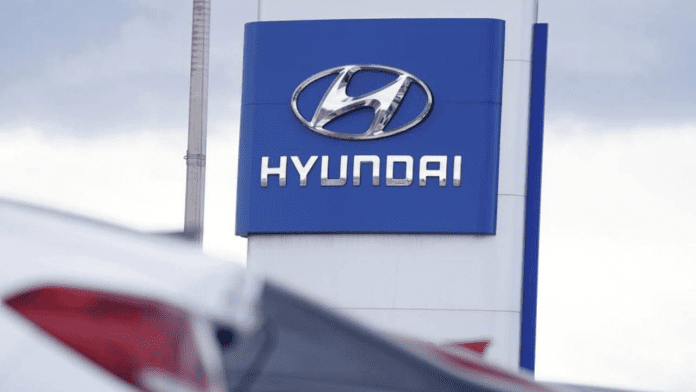To boost Hyundai’s electrification efforts, the Korean automaker announced on April 25 that it finalized plans for a $5 billion EV battery plant in the U.S.
A new battery manufacturing facility in Georgia will be established by Hyundai and its new partner SK On, a battery innovation company. In order for Hyundai EVs to be eligible for up to $7,500 in incentives under the Biden administration’s Inflation Reduction Act (IRA), they must meet the sourcing requirements for battery components and critical minerals.
Hyundai and Kia, however, are not currently eligible for tax credits.
The automaker also revealed that its first-quarter net profit nearly doubled, exceeding its initial expectations. Its shares rose as much as 55%, reaching a seven-month high.
While the Hyundai-SK joint venture is expected to start production in the second half of 2025, with an annual capacity of 35 gigawatt-hours, rivals like General Motors and Samsung announced they would invest over $3 billion to build a joint venture EV battery manufacturing plant in the U.S.
An analyst at Eugene Investment & Securities, Lee Jae-il, said, “On top of strong demand, raw materials costs have contributed to stabilize and drop since last year, which helps Hyundai achieve better profitability.”
Seo Gang Hyun, chairman of Hyundai’s planning and finance division, stated, “A large portion of Hyundai’s sales in the U.S. compile of luxury Genesis vehicles and SUVs with conventional engines.” He adds, “I wouldn’t say the impact of the IRA would be as substantial as you’re concerned about.”
Additionally, the joint venture said it plans to invest over $700 million to acquire more shares in an autonomous mobility firm to maintain control and increase its operational competitiveness.




